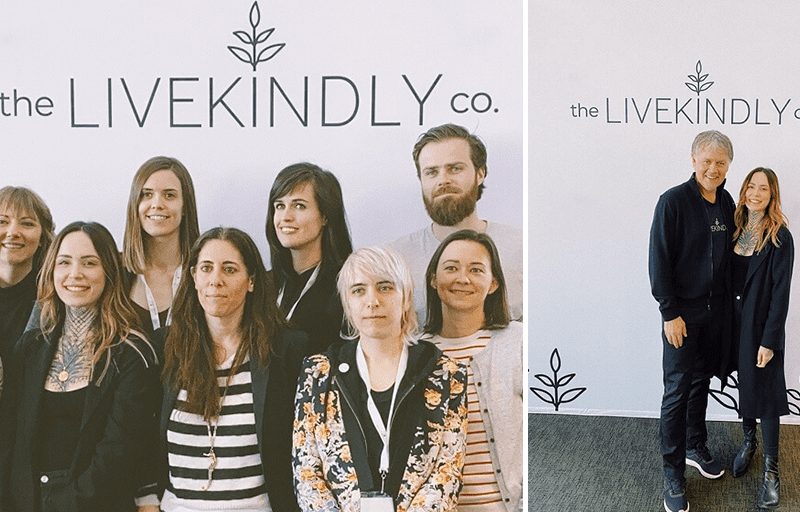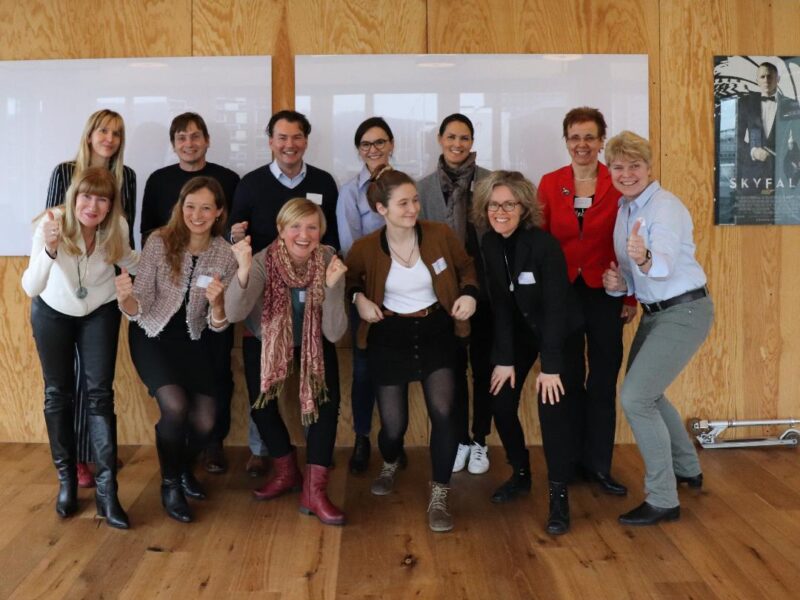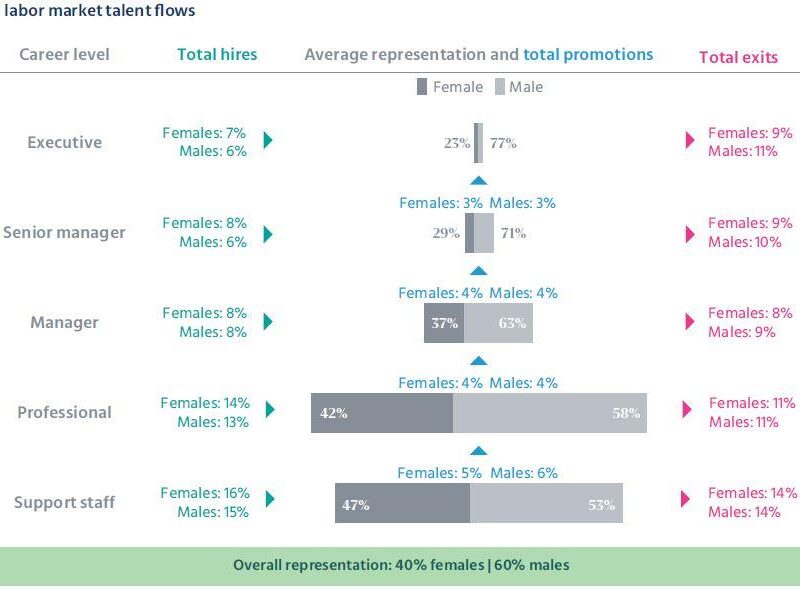STARTUP ECOSYSTEM RANKINGS REPORT 2019 BY STARTUPBLINK
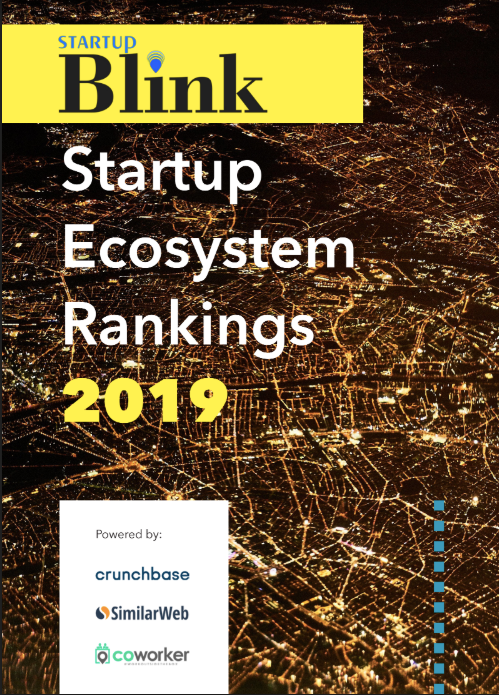
StartupBlink has launched the 2019 ecosystem ranking report that now ranks 1,000 cities and 100 countries worldwide and is based on the results of the improved algorithm. Unlike the initial 2017 report, Startup Ecosystem Rankings Report 2019 by StartupBlink now tracks both momentum and trends within the startup ecosystem.
The algorithm analyses tens of thousands of data points on registered startups, accelerators and coworking spaces listed on the StartupBlink global startup ecosystem map, as well as data received from our global partners such as Crunchbase, and SimilarWeb. Ultimately, StartupBlink leverage data gathered from more than 50,000 members throughout the Global StartupBlink community.
The main goal of the rankings is to feature and rank hundreds of ecosystems rather than highlighting a few highly successful ecosystems that are already well known. The used method also reveals trends at both the country and city level, identifies up and coming startup ecosystems, and flags underperforming ecosystems that are losing momentum.
The tables below illustrate the Top 10 ecosystem countries and top 10 cities globally with the rankings from 2017 and 2019, as well as the change. If you want to get a better view of the key insights, please read the article on the Latest Trends and Developments in the Global Startup Ecosystems based on the Startup Ecosystem Rankings Report 2019 by StartupBlink.
Please see the tables below for the top ten startup countries and cities:
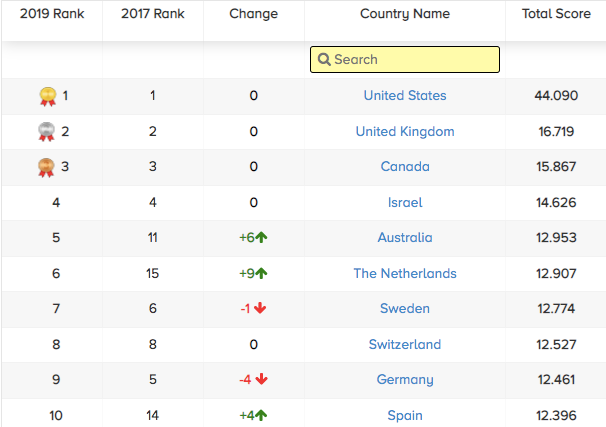

Why is it important to rank and have a good startup ecosystem?
As StartupBlink CEO, Eli David, affirms, good startup ecosystems are fundamental. They create jobs, boost the economy, increase tax revenue, improve quality of life and urban innovation, and attract and retain talent. As an entrepreneur, location will greatly influence the chances your startup will succeed.
Knowing how well your ecosystem performs is also important. Corporations use these rankings to make decisions about future expansion, universities and consulting agencies use them for research, and governments and local development organization use them to gauge how well their programs are paying off. The efforts of governments, municipalities, and development organizations make a real difference. Knowing this information and measuring it mathematically without sugarcoating results helps track real progress and creates an urgency to encourage improvement.
Methodology
To ensure that the rankings are as accurate and objective as possible, the report was based on quantifiable data. Most of the data used while generating the rankings were either accumulated on StartupBlink over the past 5 years or were sent by the ecosystem partners in cities around the world. Having a curated startup ecosystem map puts StartupBlink in a unique position to test and perfect their algorithm on vast sets of data. StartupBlink estimates that their core sample includes anywhere between 10%-20% of the total relevant entities in the global startup ecosystem, which provides robust reporting that they intend to continue improving over time.
StartupBlink also continues investing effort into improving the ranking algorithm. In 2019, they have added nearly a dozen additional ingredients to the ranking algorithm, greatly improving the resolution and accuracy of the rankings. Their country rankings also partially take into account the size of the population to make sure expectations from countries with relatively low population in comparison to countries with larger populations are adjusted.
Their country and city rankings have a total score, which is the sum of 3 columns measuring the following: Quantity (how many?), Quality (How big of a “dent” are these startups creating?), and Business environment (how easy it is to do business in a given location based on technological infrastructure, bureaucracy, red tape, etc.)
Global Data and Local Ecosystem Partners
The StartupBlink rankings report was prepared with the help of two type partners: global data partners and local ecosystem partners. We are grateful to have this high-impact, global data organizations putting their faith in us, and giving us access to their data: SimilarWeb, a powerful market intelligence platform which enables deep analysis of websites; Crunchbase, a leader in startup-related data; and Coworker, the largest global database for coworking locations. The rankings were improved substantially due to the involvement of these enterprises. Other than that, we have dozens of startup ecosystem partners around the world that each shared an up to date status of pertinent ecosystems.
Some of our partners include:
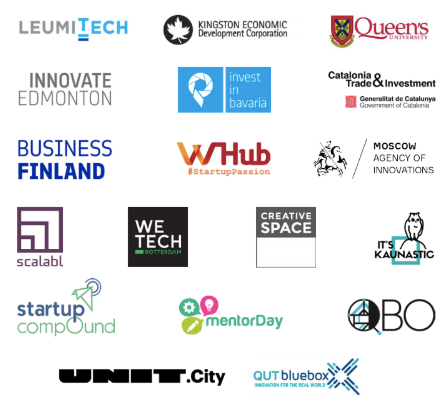
Press Mentions
Our ranking reports are downloaded by thousands of decision-makers and used by governments, universities, and corporations around the world to make strategic development decisions. Our global startup ecosystem map and report are constantly mentioned in leading global and national press publications. You can view the press mentions and read their articles here.
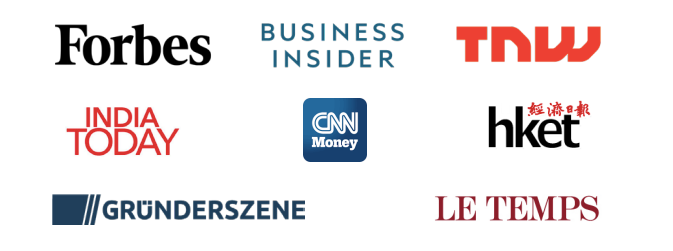
Download the Startup Ecosystem Rankings Report 2019 by StartupBlink
The Startup Ecosystem Rankings Report 2019 by StartupBlink can be downloaded via the following link. In the same page, the ranking tables appear, where you can switch between countries and cities rankings, and search for specific locations.



